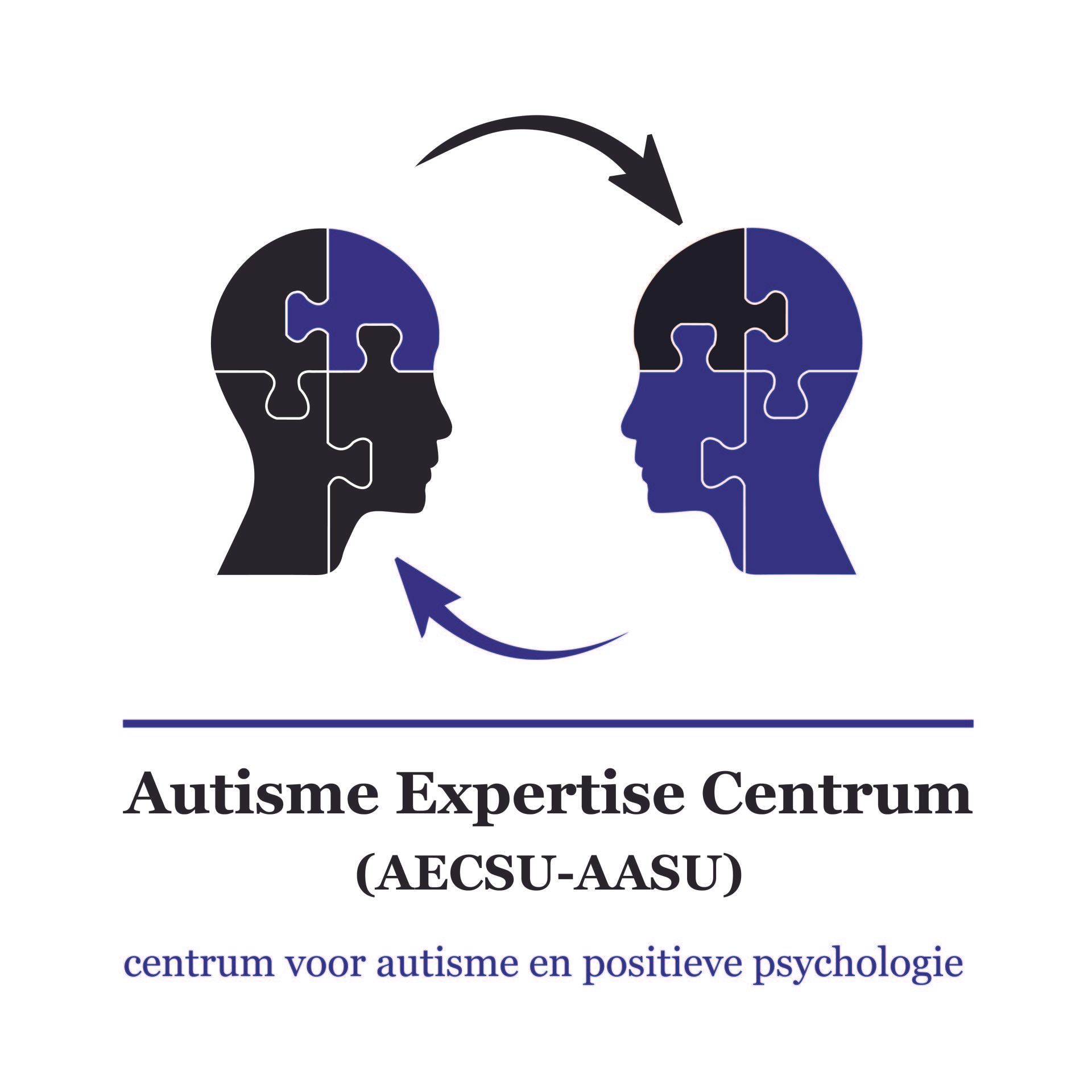POSITIVE PSYCHOLOGY"Positive sayings from the book "a positive view on autism"
“Positive thinking can be a fantastic way to relieve stress”
When people talk about the happiness-related field of positive psychology, they talk about positive thinking, positive affirmations, and thought-based positivity. When I’ve talked to people about positive psychology, an exciting and relatively new branch of psychology, people often mention that they are fans of positive psychology and have been using positive thinking in their lives for years. Sometimes I hear less enthusiastic claims that positive psychology is actually self-deception (or one of a number of misconceptions about positive thinking) and that it’s action-based techniques for getting into a good mood. Interestingly, both of these responses are based on a common belief that “positive thinking” and “positive psychology” are the same thing. Understanding the distinction between the two is important, not just for stress management levels, but for overall wellness, happiness, and life satisfaction. Let’s break it down. Positive thinking can be a fantastic way to relieve stress. It can include cognitive reframing to combat common cognitive distortions; it can be a conscious focus on the benefits of a situation rather than the drawbacks, or a focus away from negative events; it can involve a conscious effort to shift away from focusing on the negatives in life. It involves optimism and gratitude and support, and can include positive affirmations as well as a determined effort to stop complaining. Positive thinking is largely based on cognitive (thought-based) ways of achieving a more emotionally positive state of mind, with the understanding that when we think more positively, we can feel better, and we can operate from a stronger, more functional place within ourselves. Positive thinking is a way of thinking into ourselves better behavior and more resilience, rather than operating in a different frame of mind. Positive thinking can indeed help with stress relief in many ways. Positive psychology is a little different. It can encompass all of these things, but it is the scientific study of what makes people thrive, and it goes a little beyond what many people consider "warm and fuzzy thoughts" and into some meaty interventions based on research findings. Positive psychology focuses on behaviors that can lead to a more optimized state of mind as much as on thought patterns that lead to more functional behavior, much like cognitive behavioral therapy (CBT). However, compared to CBT, positive psychology focuses more on what works, rather than on fixing a problem that may be causing problems in a person’s life. Positive psychology can help people who are doing pretty well maximize their potential, and can help people who are coping with stress become more effective and resilient to stress by actually enjoying their lives. Positive psychology is a vast field, but it involves a few key components. The following are some of the more popular ideas and recommendations from the field of positive psychology, one of my favorite branches of science for stress relief. Gratitude: How it works, and how to use it in your life. Pleasures: These may or may not be what you think, but they can help you build resilience to stress. Satisfaction: These take a little more effort than pleasures, but are worth it in terms of benefits; they can literally change your life.Meaning: It is important to find meaning in life. Optimism: What exactly does optimism mean (not necessarily what people think) and how does it help us? By learning to apply the positive mindset, you will find that life will be much more enjoyable and less stressful. Sebiha Unal
Contact Us
“I followed the course positive psychology & autism at the Autism Academy. What a valuable day and course it was. I have now registered for the other courses, I am completely inspired and fully support the Positive Mind Methodology because it works.
Anne Jongsma, Groningen
"Some time ago I read the book "a positive view on autism". An easy to read book especially for people who do not like to read a lot. It is a book that can be read in clear language. I was able to get a lot of tools from the book and also apply them at home. I am so positive about it that I now want to follow the training to become a coach so that I can also use this method in my work"
Celeste Rodriguez, Brussel











